Welcome to Extemp!
Extemporaneous challenges students to analyze a question about a newsworthy event from the past 90 days. They can gather information before the tournament, but they only have twenty minutes to prepare for the specific question they select before they speak to their judges.
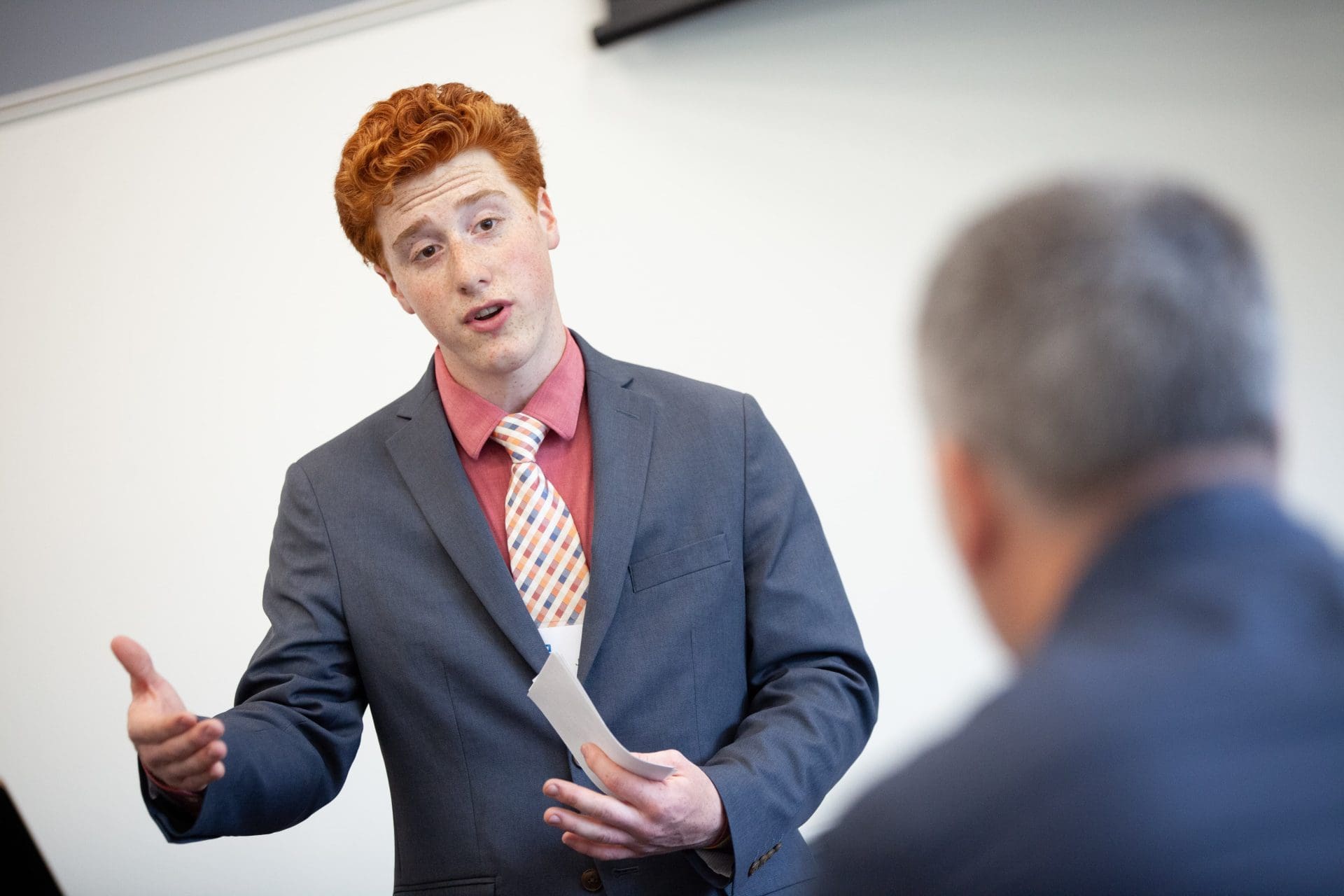



How This Event Works
At their assigned time, competitors arrive at the designated Extemp Prep room (or in the competition room for online tournaments), and they draw a choice of questions about current events from the past 90 days. During their twenty minutes of prep time, they are allowed to access news articles downloaded onto their computers, but they are not allowed to use the internet once they have drawn a topic. They prepare a notecard so that they can recall facts with accuracy and cite sources as they deliver a speech with a seven-minute time limit.
Watch Some Sample Extemp Speeches
Witness the power of extemporaneous speaking firsthand. Explore our video gallery to see captivating performances and gain valuable insights into this dynamic event.
2016 NCFCA Extemp Champion
Extemporaneous Finals, Patrick McDonald, 2021 NCFCA Online National Championship
Extemporaneous Finals, Sophie Schenkel
Extemporaneous Finals, Thaddian Burson
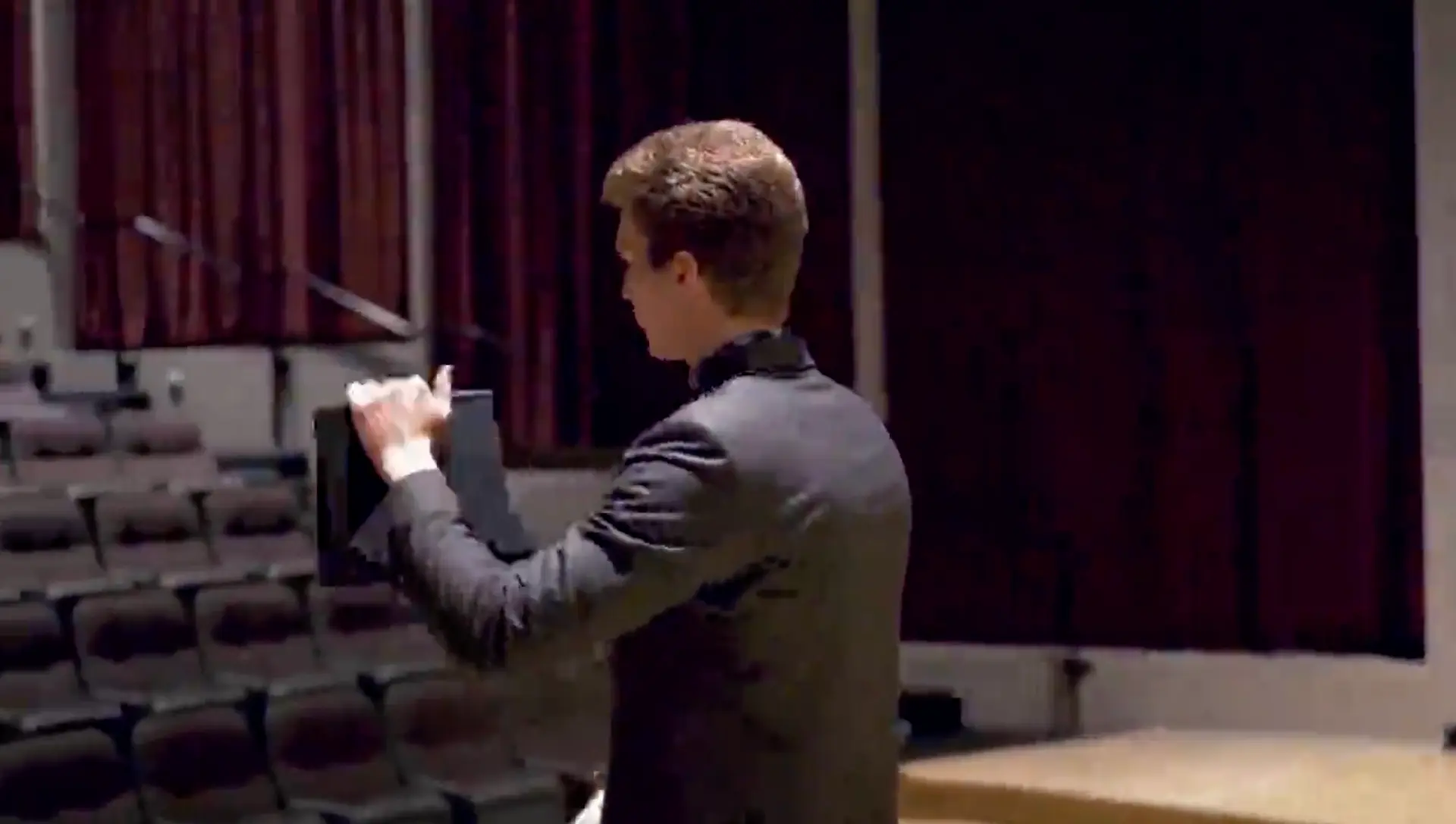
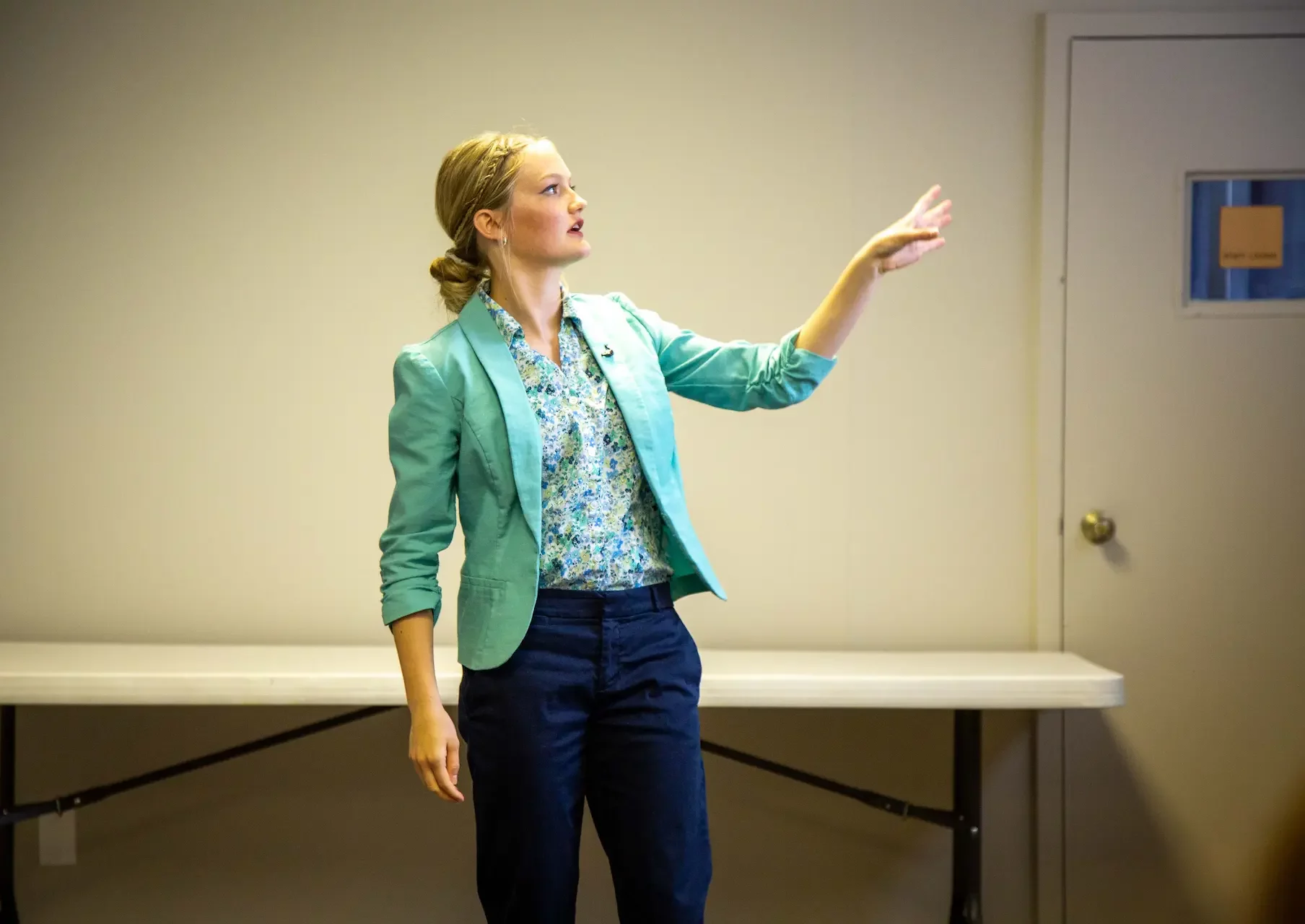

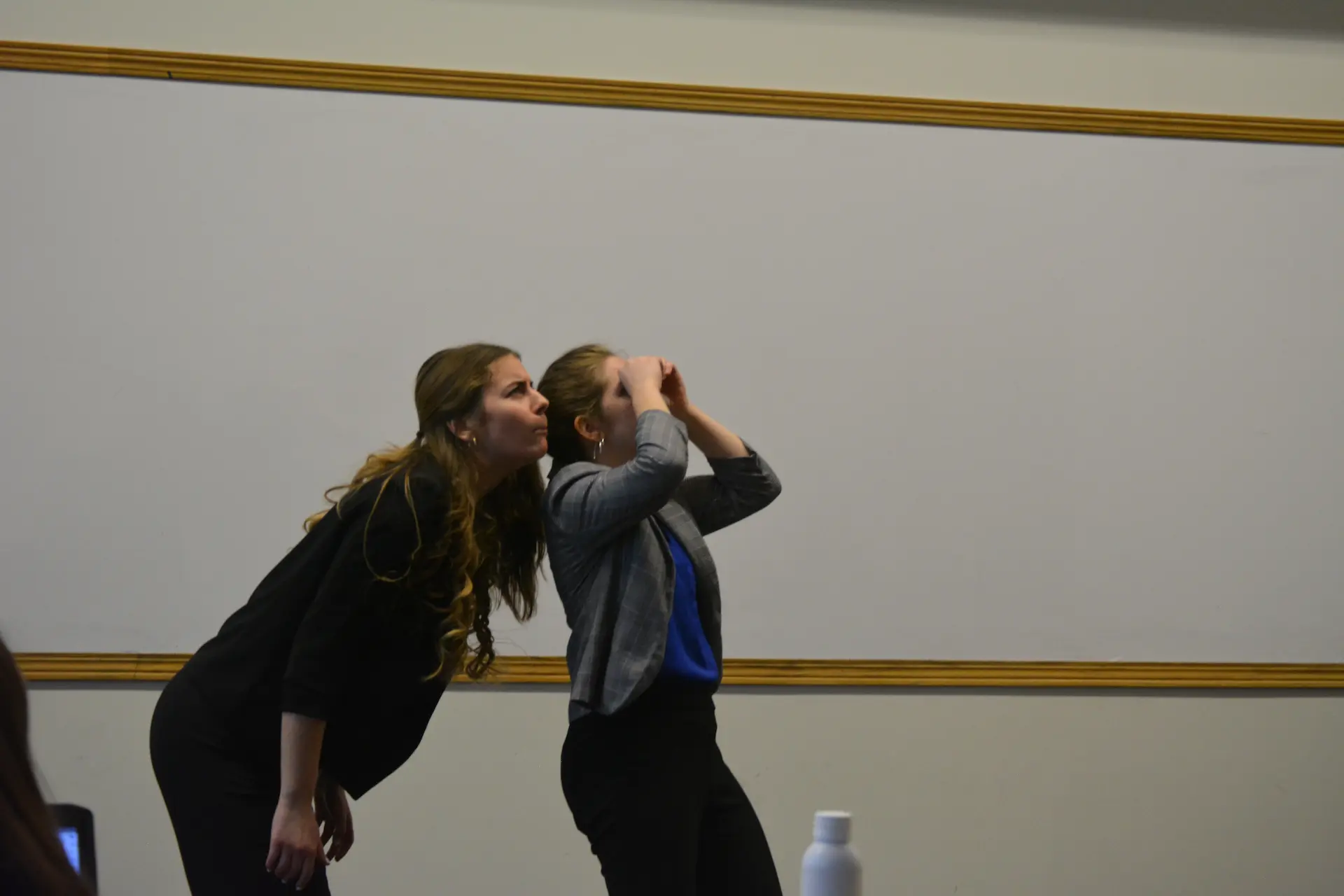
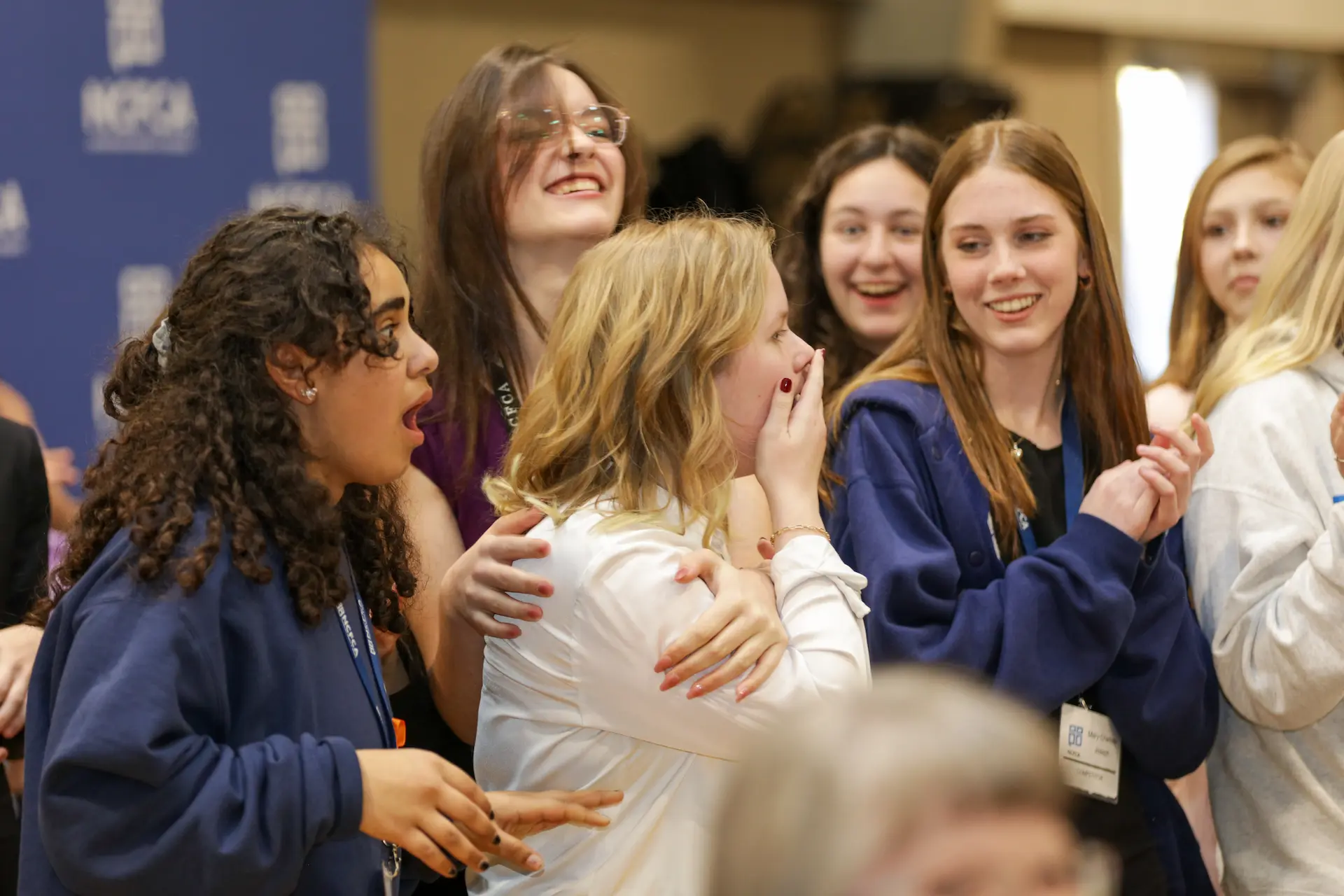
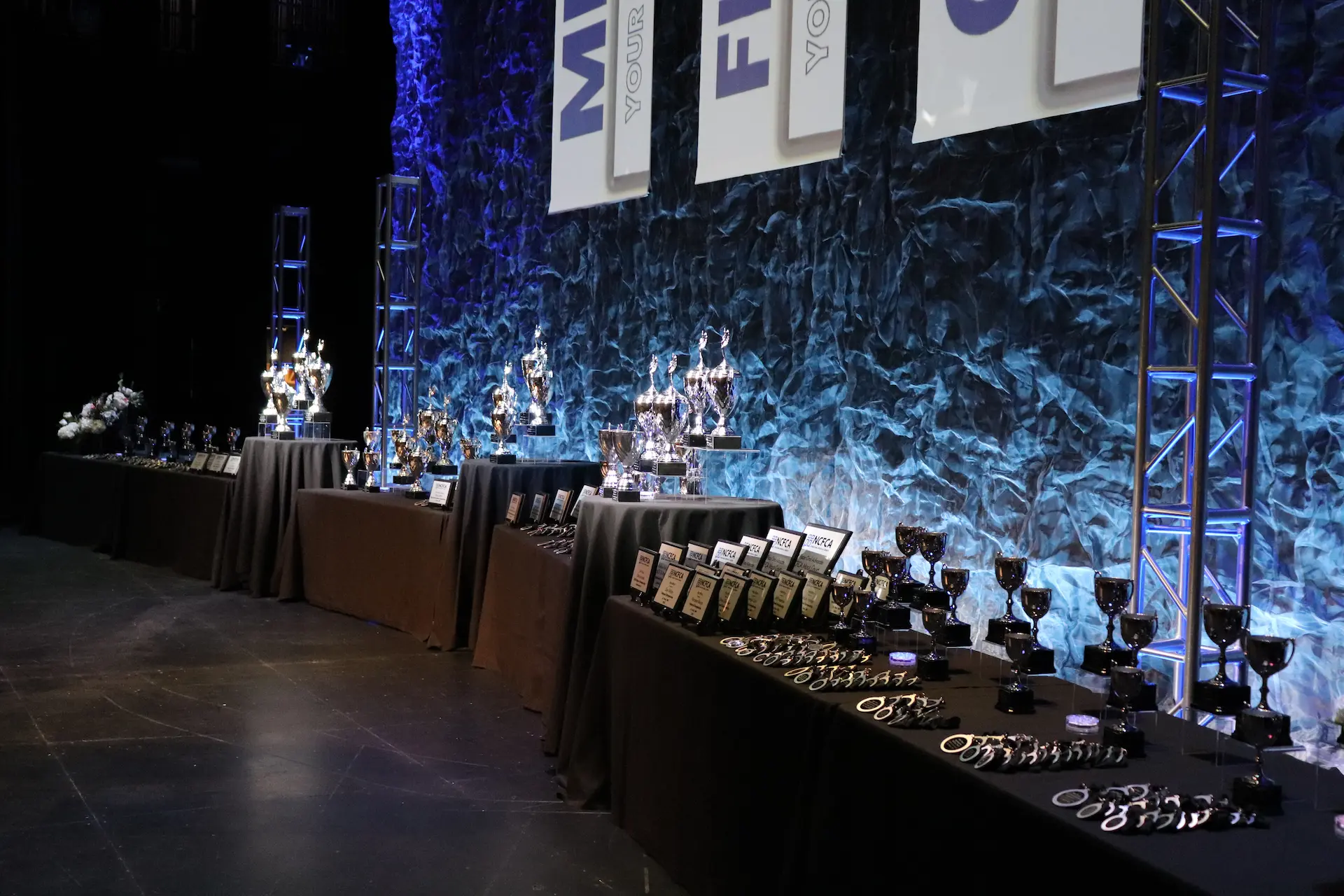
Extemporaneous FAQs
Why should I participate in Extemporaneous?
Like in other Limited Preparation events, Extemporaneous provides students with heightened analytical skills, increased adaptability, and increased performance skill. Students will also:
- Increase their knowledge of current events. Extemporaneous speaking is an excellent way to learn about geopolitical history, geography, and current events.
- Increase their understanding of bias. The research element also enables students to learn how to evaluate sources for presuppositions, worldview, and biases.
- Increase understanding of personal values and the values of others. The more students discuss current events, they will see how each individual’s value system informs what they believe about everything. Answering questions about current events helps students examine and develop their own value system and what they actually believe.
Where can I find resources for speech and debate events?
Please visit the Resources page of the website and filter by Keyword, Category, Role, or Event.
Where can I find rules for speech and debate events?
Please visit the Competition Event Rules page.
Find Your Voice, Shape Your Future
Join us as you embark on a transformative journey to become a powerful and effective communicator.
